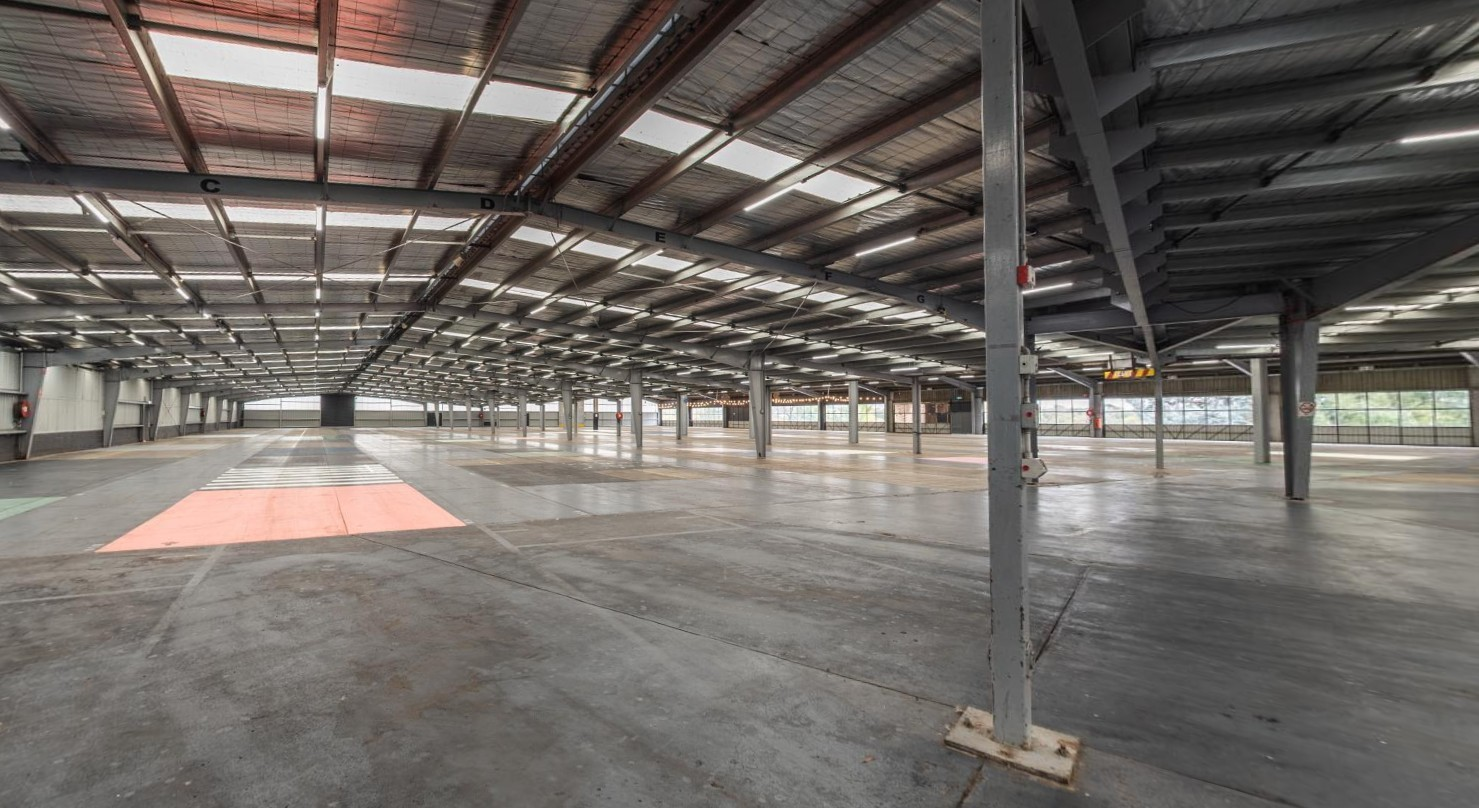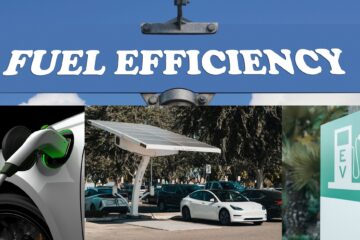Net-Zero is a Settled Mandate
The Albanese Government’s commanding majority in the House of Representatives is more than just a parliamentary arithmetic. It represents a decisive mandate from the Australian electorate to advance the nation’s transition to net-zero emissions by 2050. After two decades of policy stagnation, climate wars, and political hesitancy, the community has made its position clear: the time for debate has passed—now is the time to focus on delivery.
The re-litigation of Australia’s climate commitments by elements within the Coalition—particularly the National Party and some members of the Liberal Party—signals a profound disconnect with mainstream Australian sentiment and the economic direction of the nation. The proposition that Australia should walk back its net-zero target or reframe the debate is not only politically self-indulgent but also strategically incoherent.
The Mandate Is Clear
At the 2022 and 2025 federal elections, voters elected a government that explicitly committed to:
- A 43% emissions reduction by 2030;
- A legislated net-zero target by 2050;
- Massive investment in renewable energy zones, transmission infrastructure, and green manufacturing;
- And the establishment of institutions such as Rewiring the Nation and the Net Zero Economy Authority.
The electorate’s endorsement of this agenda—reflected in Labor’s increased majority, the rise of the Teals, and the enduring strength of the Greens—demonstrates widespread public support for climate action that is ambitious, practical, and economically integrated. To challenge this direction now is to ignore not only the electoral outcome, but also the deeply embedded shift in community values and expectations.
Business and Industry Have Moved On
The business community has already transitioned its posture. Major corporates, energy providers, superannuation funds, and manufacturers have all made net-zero commitments. They are investing billions in decarbonisation strategies, renewable supply chains, and clean technology development.
These decisions are not ideological—they are driven by risk management, investor expectations, and competitive advantage in a global economy that is rapidly decarbonising. Reopening the national debate will only undermine investor certainty, increase sovereign risk, and potentially cost Australia access to future capital and trade partnerships.
Climate Policy Is Now Economic Policy
The integration of climate policy into mainstream economic management is irreversible. Whether through international trade mechanisms like the EU’s Carbon Border Adjustment Mechanism, global supply chain standards, or national industrial policies, climate action is now inextricable from economic security and prosperity.
The Coalition Risks Irrelevance
The Coalition’s internal debates around net-zero increasingly resemble an echo chamber—parties talking to themselves rather than listening to the country. In doing so, they risk ceding the political centre to others who are more in step with the electorate’s economic, environmental and intergenerational priorities.
If the Nationals and Liberals continue to position themselves as the party of delay or denial, they will find themselves not just out of office, but out of step—with regional communities who want the jobs of the future, with young voters who want climate leadership, and with business leaders who want certainty and stability.
Conclusion
The net-zero debate is over. The community/country has moved on. Industry has moved forward. The government has a clear mandate. Reopening the debate is not an act of leadership; it is an abdication of responsibility. If political parties wish to remain relevant, they must align with the future Australians have already chosen.



0 Comments